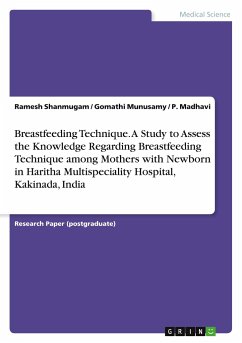Seminar paper from the year 2017 in the subject Health - Public Health, grade: 1, Egerton University, language: English, abstract: Assessing and improving primary healthcare has been an enormous challenge to the Healthcare Systems of developing countries around the globe. Therefore, lack of adequate healthcare services in most developing countries is believed to be the principal cause of short life-expectancy, owing to the high rates of mortality. In most developing countries, especially in Africa and Asia, policy makers and technical agencies do not seem to give primary healthcare high priority, and this is probably the reason as to why healthcare standards in these countries have remained low, despite the immense efforts of the International community. Moreover, most healthcare national programmes, which are initiated in developing countries to abase the public healthcare challenge, do not achieve remarkable success. One of the most significant factors which seem to have worsened the issue is the rapid expansion of the populations within the developing countries. It has been found that developing countries have the highest population growth rate compared to the wealthier nations such as the United Kingdom, Australia and the United States of America. This phenomenon explains why healthcare influence development in developing countries. A healthy population plays a pivotal role in establishing a healthy economy of any country. However, it is worth noting that, the correlation between the progress of healthcare and national development follows diverse trends. For instance, change in demographic trends causes pressure on the existing public healthcare systems. Therefore, this research will give an overview on the concept of development and its links to health in India.
Hinweis: Dieser Artikel kann nur an eine deutsche Lieferadresse ausgeliefert werden.
Hinweis: Dieser Artikel kann nur an eine deutsche Lieferadresse ausgeliefert werden.








